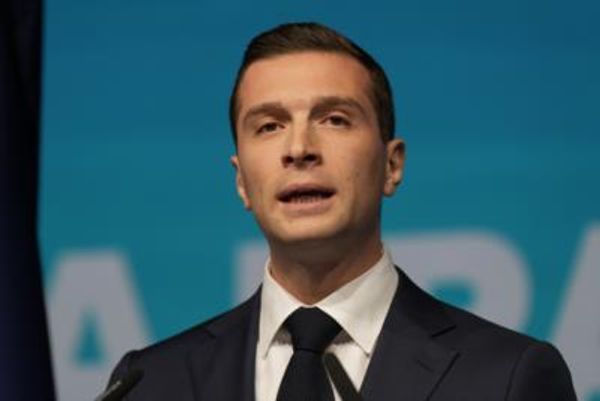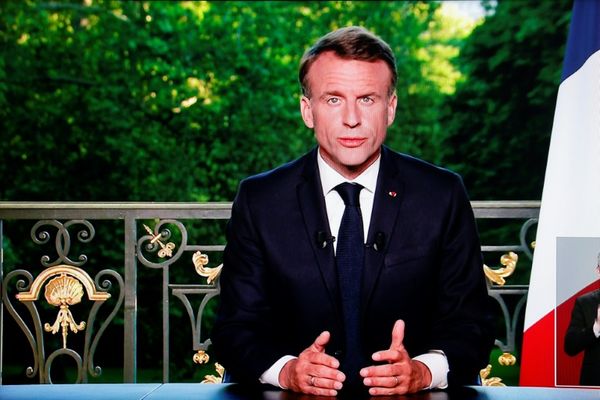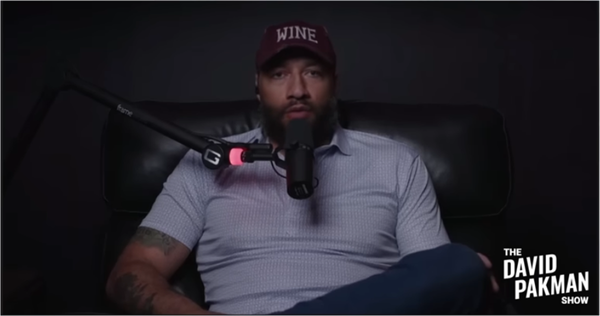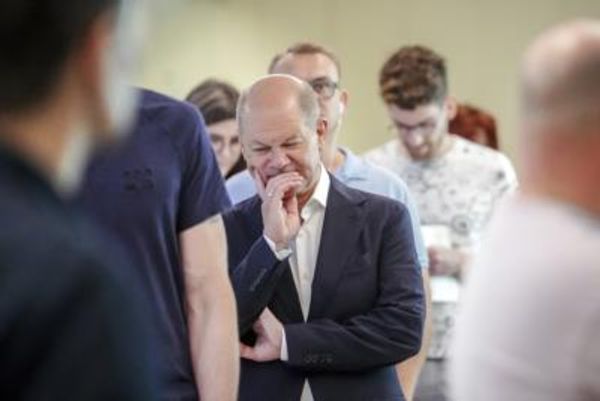LANSING, Mich. — Attorneys for state officials charged in the Flint water investigation asked Michigan's highest court Wednesday to upend the state's one-man grand jury process that led to their cases being shuttled into court without a public trying of facts to determine probable cause.
Several defendants were challenging the one-judge grand jury process on varying levels. But all of them warned the Michigan Supreme Court that the use of the secretive process in such a high profile case opens the door to increased use of the one-judge grand jury and would cultivate mistrust in the justice system.
Some justices raised questions about combining prosecutorial and judicial duties in a secret process.
Since charges were authorized against nine state and city of Flint officials using the process in January 2021, the Genesee County Prosecutor's Office has used the method in more than 70 different cases, lawyers argued Wednesday. Prior to the Flint cases, the one-judge grand jury process was used almost exclusively in Wayne County, and Wayne County Prosecutor Kym Worthy was involved in bringing the Flint charges.
"If the prosecutors across the state get a green light to do this, then that means no preliminary exams for anyone. We'll never see a preliminary examination again," said John Bursch, the attorney representing former state health director Nick Lyon.
"Why would you charge the person yourself if you could get a judge to do it for you and then short-circuit all this?" Bursch asked.
Besides Lyon, who was charged with nine counts of involuntary manslaughter in the Flint water case, other defendants fighting the exclusive use of a one-judge grand jury were Republican former Gov. Rick Snyder, former Department of Health and Human Services employee Nancy Peeler and former Snyder aide Richard Baird.
Lyon asked the justices to dismiss all charges against him on the premise that the one-judge grand jury was a violation of separation of powers. If the high court grants that request, the charges against the rest of the Flint defendants would topple.
Other defendants challenging the use of a one-judge grand jury took issue specifically with sending the case to circuit court without the opportunity for a preliminary examination.
"It’s a right that was specifically enacted by the Legislature in 1917, and it’s the denial of that right about which we’re complaining," said Peeler's attorney, Harold Gurewitz.
Assistant Attorney General Chris Kessel argued the one-judge grand jury is the ideal tool to use in high profile criminal corruption charges where the public officials being investigated have the power to influence prosecutorial decisions and intimidate witnesses to block prosecution.
"The prosecution is only limited by the tools it's given by the Legislature," Kessel said. "They’ve created and enacted this procedure and seen fit to give it to the prosecutor to use."
"It's giving it to the prosecutor to use to allow the judge to exercise the normal prosecutor role," Justice Megan Cavanagh responded. "Inherently that is not the role of a judge ... to make charging decisions."
Bursch argued that Kessel, as a former defense attorney, should understand the mistrust defendants have of the court process and the underlying suspicion that the judge and prosecutor are in "cahoots."
The continued use of one-judge grand juries would only make that skepticism worse, Bursch said.
"When a prosecutor is meeting in secret with the judge and the judge is issuing the indictment that the prosecutor then follows, what defendant is ever going to believe they’re getting a fair shake from the judicial branch?” Bursch asked.
Some justices expressed discomfort Wednesday at the blending of prosecutorial and judicial duties in a process conducted in secret. Without the opportunity for the public to participate or observe, the pretrial process includes only defense attorneys and members of the government.
"There is enough of a public confidence issue about courts and about the rule of law," Chief Justice Bridget McCormack said. "Is it helpful to us to put judges in the position of issuing charges?"
"I would rather have an impartial judge who is not vested in prosecuting cases and didn’t necessarily hold duties to anybody else, other than to be honest to the bench, to make those decisions," Kessel said.
———







